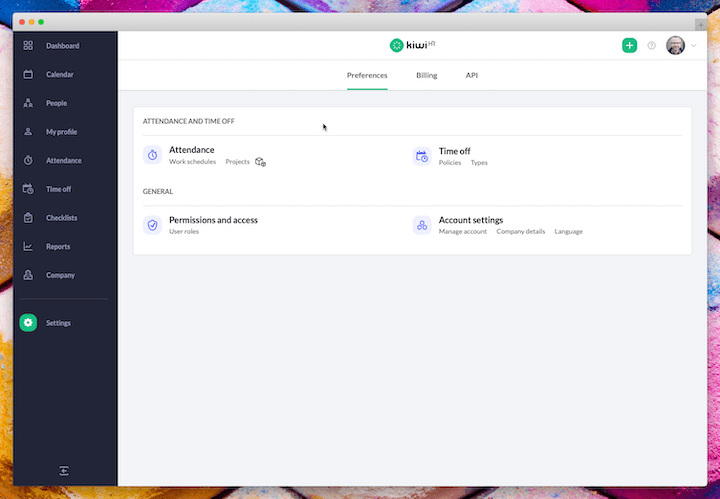Are you interested in developing both if you non-technical and technical skills of your employees?
Continuing professional development should be a planned and systematic process. The ultimate goal of continuing professional development should be to both develop and maintain the innovation, creativity, and competence of a professional.
Participating in any project that increases or maintains the technical skills, knowledge, professional performance, or problem-solving capabilities of an individual.
Are you interested in learning more about it? We've created this complete guide to help you to get a better understanding of what the term is and how to manage it in your company. Keep reading to learn more!
What is Continuing Professional Development or CPD?
CPD stands for Continuing Professional Development and it refers to documenting and tracking the knowledge and skills acquired as the employees work, both formally and informally.
Some companies will use CPD as a part of their development plan or the training plan. Either way, offering it in a business setting is vital for any business to have for both staff development and employee retention purposes.
What professions need continuing professional development?
Some professions use the term 'continuing professional development' in a formal setting. During this process, there is a requirement that a certain amount of development activities need to be carried out and documented.
This is sometimes a condition for maintaining a membership, a professional body, or an operating license in a specific field.
There are other areas where CPD is used in an informal situation. However, a commitment to improving and learning is expected of anyone in any professional setting.
CPD involves the development of personal qualities that are required for performing technical and professional duties in professional life.
Why is continuing professional development important?
The CPD Research projects survey of over 1,000 people found a high correlation between undertaking and valuing continuing professional development and a commitment to the job.
Some of the benefits that your business and your team can expect to see when going through CPD training include:
- Higher employee engagement
- More qualified staff
- Improved job performance
- Cultivate learning culture
- Building employee confidence
- Demonstrates credibility
- Helps with career progression
- Ensures that company standards are high and consistent
- Keeps employee skills up-to-date and relevant
- Improves staff commitment to job positions
- Maximises staff potential
- Improves the morale of staff
- Provides benchmarks for staff evaluations
- Develops various leadership styles.
The benefits of providing continuing professional development to your staff are nearly endless. Keep in mind that providing CPD is an ongoing process, so you'll never stop seeing the benefits of providing it to your staff.
What is the right CPD for your company?
When you're deciding on the best way to approach continuing professional development in your business, you first need to determine if it's going to be informal or formal.
Formal CPD training will provide your professionals with paid training courses. An external partner usually provides these courses. While education can add to your budget, you can avoid overspending on your budget by setting limits. You could also consider providing your employees with access to online courses at a discounted rate.
With informal learning, you can offer training sessions through literature, mentoring, video training, or coaching. You can implement a structure to CPD within your company by offering a time slot every week to educate your employees.
Additionally, you could allocate a schedule for learning to help keep your employees on track with their learning and with their responsibilities within your company.
How do you best manage continuing professional development?
1. Determine the right CPD for your company
Whether you decide you make your CPD formal or informal depends on your company's needs, available time slots and budget.
2. Make CPD personal and individually tailored
One of the most important things for CPD is that this training is personal. Allowing each individual to explore and identify their own needs, as well as learning more about themselves, allows room for growth.
Part of offering CPD in your company will be giving your employees room to take responsibility for their skills.
3. Provide time off for training
Have you decided that you're interested in providing your employees with formal training? It would help if you used an absence management software like kiwiHR by Tellent that will provide you with access to keep track of how long your employees will be taking off to complete their training.
You could also decide to provide specific times for employees to complete training on their own.
All you have to do is create a project in kiwiHR and name it Continuing Professional Development. You'll automatically receive reports on how much time your employees are dedicating to continuing their education.
4. Share educational resources
When you're using a company wiki, you'll have the ability to upload several related documents at once. You'll be able to share these files with employees.
With kiwiHR, you'll be able to group these related documents into the same folders. You can even organize them in a file that every one of your employees can have access to.
Plus, you can also share other resources that can help your employees further their education! Whether your employees prefer video tutorials or other helpful resources, you won't have to worry about running out of storage space with kiwiHR.


